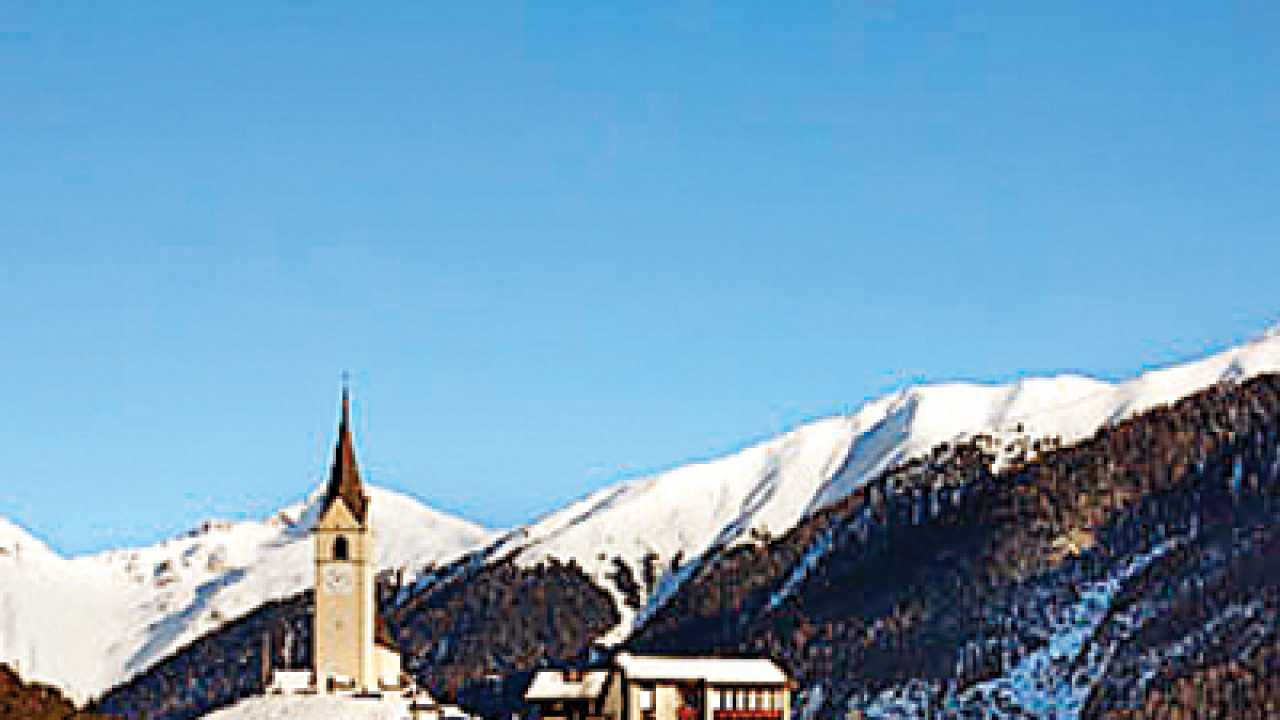
Indians love Davos. But does Davos love India? Things have changed drastically from the 2005 'India Everywhere' story, and the world's annual hob-nob meeting ski resort has long moved to discussing emerging markets ex-India. This year that disconnect widens even more. Bloomberg reports, financial mega-stars are going back to the more staple market and old horse– the US. Opportunities are back as growth has been steady, assured and relatively hazard-free. Growth hungry investors are keen to put resilience (US) over risk (Brics). Surprises you? Why?
Look at the Indian scenario. Economic policies continue to struggle for clarity, foreign investors wait for implementation of new (and more permanent) laws, speed of investment implementation is questionable despite strong intent by the government – and there remains the regret that change may happen but will take a long time.
For long now, it's not just the foreign investor but even the Indian investor that remains hazy-eyed about a big bang in the country's economic process. As columnist Ashok Malik wrote in one of his recent blogs, in 2015, "The focus will move firmly to governance and the record of the Narendra Modi administration is bound to be vigorously interrogated."
Davos's return of focus on America comes at an interesting hour – when US President Barack Obama is set to visit in India for the Republic Day parade. If not Davos, one hope the high profile visit leaves India with better economic exchange.
The recent rate cut may have moved the sentiment-needle but surely a 25 basis points is unlikely to change fortunes for people or companies with respect to contribution towards growth and consumption. Can India afford further rate cuts?
In the meanwhile, for the Indian executive headed to Davos a few things should definitely be on the agenda. One, learn about the new start-ups. Business as we know is changing. Company bosses must use this as an opportunity to get a pulse on the new tech trends and the next under-25 billionaires. Two, sensitise themselves to the social sector changes. Given how rapidly Indian corporations are growing and doing businesses in environment driven sectors it's important for them to learn how to address the implications. And importantly know what NGOs, activists are concerned about. Three, our government leaders and bureaucrats should return with lessons on how to create and execute a superlative event like Davos. Given how often we are doing state summits, it's time to move over flex boards that plaster chief ministers but look at meaningful workshops, curated conferences and wholesome convergence of ideas, business, investment and tourism.
Whether India is in favour or out of focus at WEF, a trip to the snow-clad resort always pays off. Davos remains a great annual appointment for the world's best minds, rich investors and CEOs but think about it – it's the most cost effective conference room any company can buy. Who wants to fly the world seeking and attending to appointments, burning private fuel and adding wrinkles when you can do all of that in the centrally heated warmth of the Congress centre or a plush hotel in the ski resort?